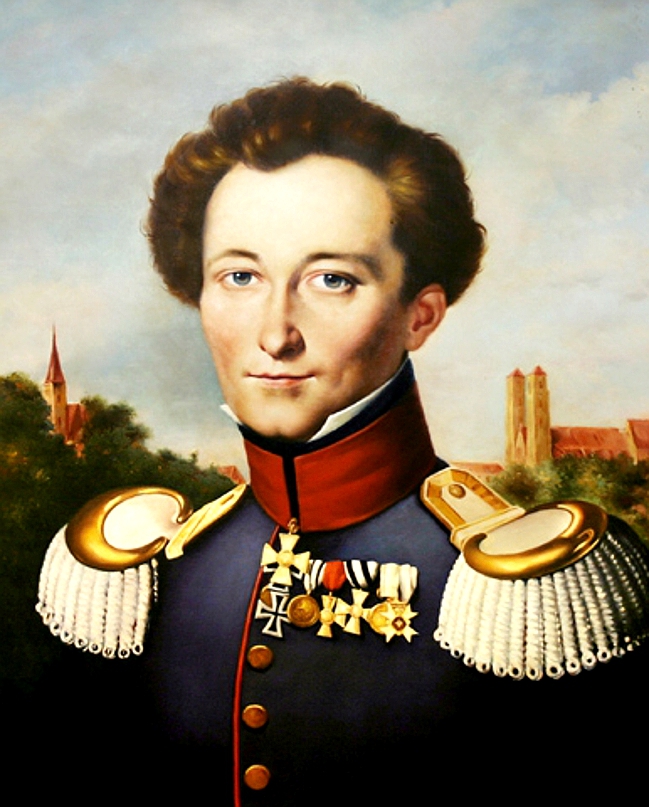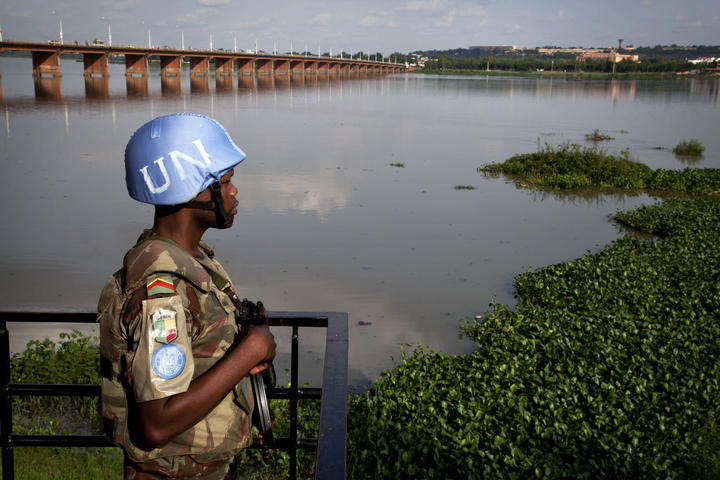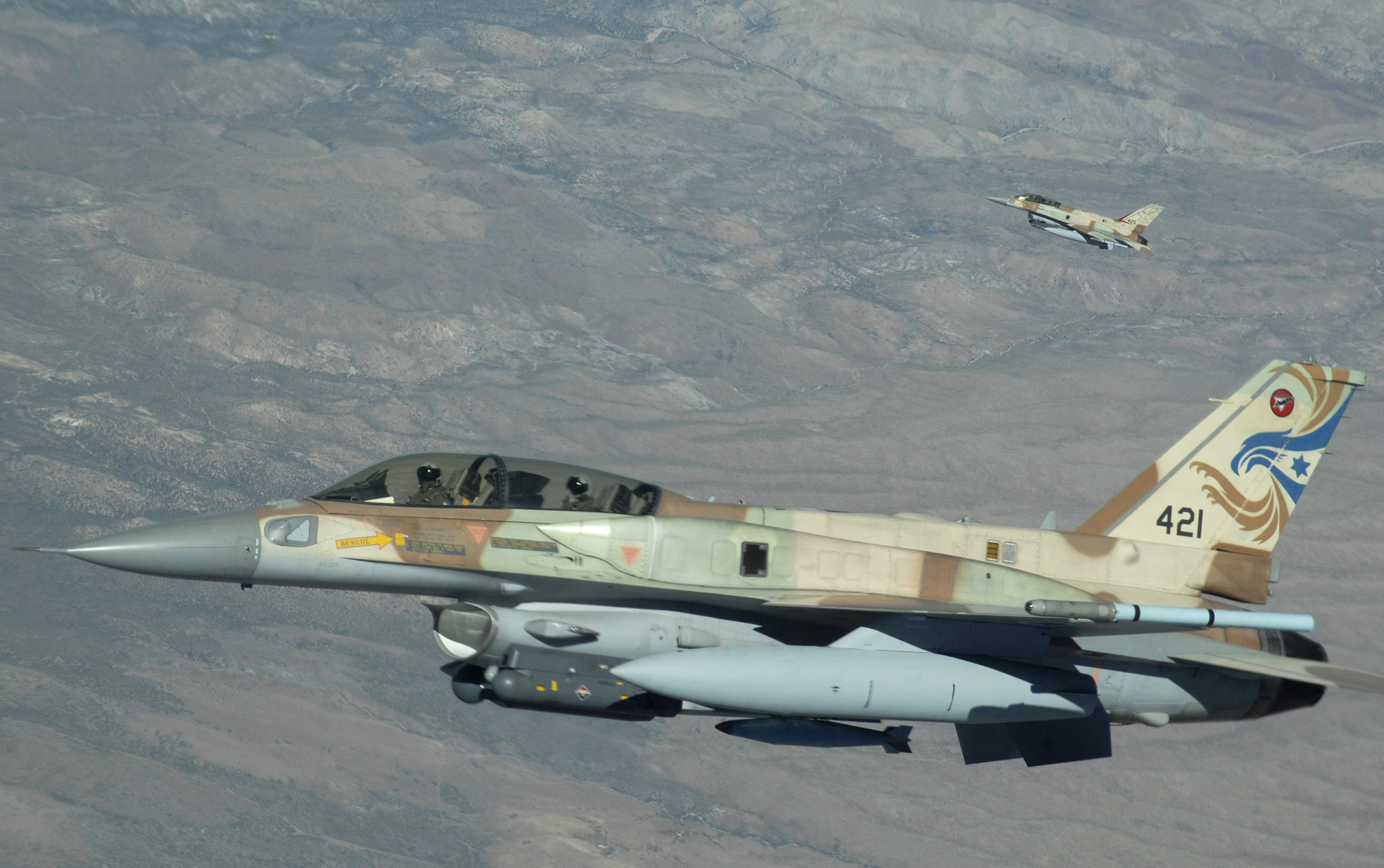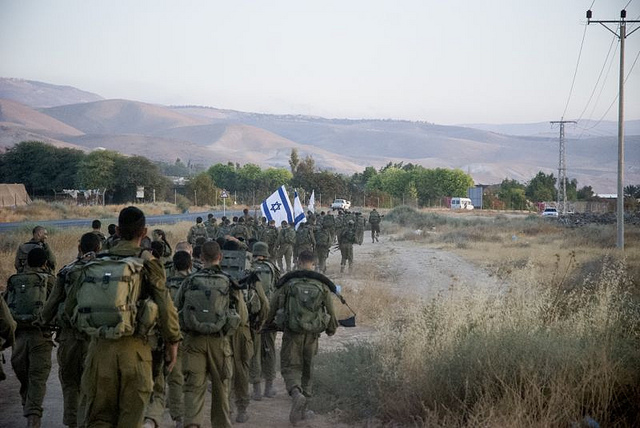By Sarah Bakhtiari for Denver Dialogues
Last Tuesday, Celestino “Tino” Perez made the case that the U.S. Army’s first responsibility may be ground combat, but fulfilling that mission ethically requires military members to understand the causal relations of political violence (like these from Erica Chenoweth, Barbara Walter, Stathis Kalyvas, Monica Duffy Toft). I couldn’t agree more—and would suggest that this applies service-wide, to the Air Force, Navy, Marines, and anyone, really (including contractors) who participate in U.S. war efforts.
Developing a force that understands the nexus between political violence and political objectives would undoubtedly improve America’s capacity for careful, intentional military strategy—the type that is considerate of the battlefield effects at the tactical, operational, and strategic levels of war, and how those three feed into and interactively inform near-, mid-, and long-term political outcomes.
The challenge I see is in cultivating military professionals that are expert tacticians, unfailing leaders, and (to use Perez’s term) “experts in violence”—not to mention, partners, parents, and responsible peers, to name a few. If one uses the rough 10,000-practice hours rule necessary to become ‘expert’ (although some challenge the association between practice and expertise), then developing tactical expertise takes approximately five years. If we apply that same standard to developing military members as experts in violence as well (that is, professionals able to interpret causal relations hypothesized in academic research and apply them), then a member spends a full decade just getting up to speed to do the business of ethical, expert warfighting.
With a force that’s more than 30% smaller than it was at the end of the Cold War, active combat on multiple fronts, and shorter military careers than in times past (officers averaged 11 years and enlisted personnel 6.7 years according to 2009 data), that’s a lot to expect.
Rather than make it a uniform requirement across all levels and occupations within the officer corps, as Perez suggests, why not capitalize on the knowledge of the warrior-scholar? The warrior-scholar is a military officer formally trained in an academic discipline in addition to their core warfighting functional specialty. Warrior-scholars, who learn to perform in both the military domain and the academy, are just the people to translate academic knowledge into military practice. Today their opportunity to connect these dots is extremely constrained.
At present, there is no distinct ‘warrior-scholar’ designation or career track—which means no strategic oversight of a scarce resource. This stands in stark contrast to the management of other limited personnel resources, like pilots, whose careers are carefully guided according to certain timeline, skill maintenance, and leadership requirements (nevertheless, leaving much to be desired in terms of general talent management). Rather than any sort of managed career progression, a warrior-scholar is subject to single tours of duty, generally serving as an instructor at a military institution for only a few years, or as an advisor or strategist for a 1-2 year stint, before moving back into a post germane to their warfighting specialty—likely never to return to a job designed to leverage their academic training. In short, the failure to institutionalize this expertise means it makes only a fleeting contribution, and isn’t easily leveraged in times of crisis or contingency.
This is a waste. The military spends huge amounts on developing warrior-scholars (according to a 2013 RAND study for the Air Force, the total cost is over $250,000 for an MA and $489,000 for a PhD), but it doesn’t leverage their acquired acumen in political violence (amongst other things) or seek continued returns on their investment. Why not offer our warrior-scholars a designation that enables multiple tours in professional military education and its administration, and viable career tracks in strategy and policy—as a complement to operational experience? The services should encourage rather than cap these careers, and enable a currently unreachable rise to general officer ranks. We need general officers that are adept at military operations and strategy designed to achieve desirable political outcomes, who understand how best to connect those dots—the warrior-scholar model offers just such a capacity.
Harnessing the potential that the highly educated warrior-scholar possesses is certain to involve tradeoffs. These officers probably wouldn’t be as competitive for promotion (without changes to status quo promotion methodologies) and less time would be available for developing tactical and operational skill sets. In other words, these warrior-scholars wouldn’t likely be the nation’s warfighting commanders—but they would be the ones whispering in the commanders’ ears.
And there would still be plenty of opportunity for operational commanders to shape generations of minds at the service academies (like the “Professor of War,” General David Petraeus) for a tour, and then return to more mainstream career tracks. It’s just that there would also be warrior-scholars that can augment their contributions in a more systematic and efficient manner. That’s the beauty of the warrior-scholar model.
It’s the business of the military to be experts in violence, but effective use of violence requires attention to the insights of causal relations. Institutionalizing a system that translates academic knowledge into strategy, doctrine, and tactics that are effective and ethical tools for generating political outcomes requires more specific skill sets than the average military professional has the time or resources to devote. Using warrior-scholars to be translators between academic knowledge and military practice is an obvious fix for this problem. Given our current global disposition and popular perceptions of America’s success to date, the choice seems clear.
Sarah Nelson Bakhtiari is an active-duty lieutenant colonel in the United States Air Force and PhD student at the Josef Korbel School of International Studies, University of Denver. The views expressed herein are the author’s own and presented in her personal capacity.








4 comments
The idea is powerful, but easier said than done. How do we create more warrior-scholars in an increasingly polarized climate, in which scholars are widely regarded as worse than useless?
From a German perspective I would argue that the idea is hard to realize in an increasingly polarized climate, in which soldiers are widely regarded as worse than useless.
The implicit point in this article too is that the military fails to teach strategy. The whole idea of the War Colleges is teach officers strategy and they clearly do not. Our professional military education does not do it’s job and civilian institutions provide a better education. If the war colleges did their job, we would have no need for a separate branch of “warrior scholars” because every colonel would be well versed in the literature of warfare.